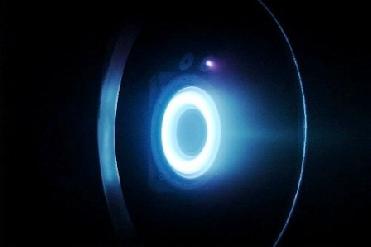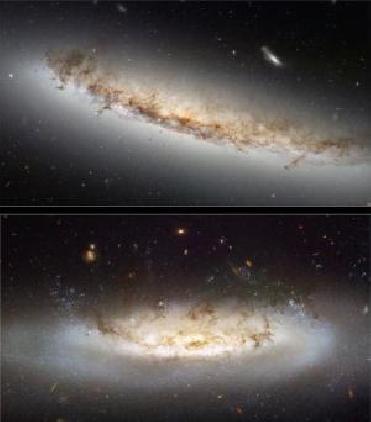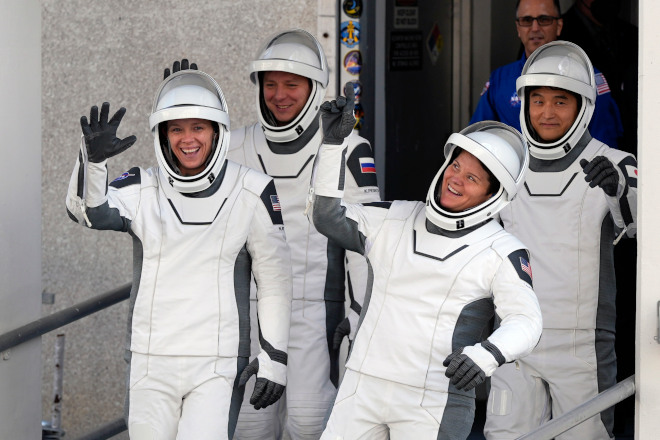
Interplanetary exploration missions have increasingly ambitious objectives and in some cases, it is only the use of new technologies like electric propulsion that will make them practical, and generate sufficient scientific data.
BANGALORE (PTI): For the first time, India's space scientists have developed electric propulsion technology that is expected to boost the life of geostationary satellites by up to five years.
In other words, the satellites which today have a lifespan of ten years, could last up to 15 years.
The system - plasma thrusters - would be tested in GSAT-4 spacecraft slated to be launched on board GSLV later this year, ISRO chairman Madhavan Nair told PTI.
"Electric propulsion is going to be a unique thing. It will be used in GSAT-4. This is a concept we are going to prove in this (GSAT-4). Once proven, it can be adopted as standard for future geostationary orbits," he said.
So far, ISRO had been using chemical propulsion for station-keeping, altitude control, precision spacecraft control, stabilisation and orientation.
With the use of electric propulsion, the life of the spacecraft can be enhanced, Nair, also Secretary in the Department of Space, said.
"Today, most of the geostationary satellites' life is controlled by fuel availability. If it's going to be sustained for two-three years by electric propulsion and the remaining using chemical propulsion again.....so that way 15 years of life what we are targeting can be easily achieved. Right now, the satellite's life is 10 years", Nair said.
Plasma thrusters (using xenol gas as propellants) provide high specific impulse and operate with low fuel consumption, an ISRO scientist said.
ISRO spokesperson S Satish termed electric propulsion "more efficient", while another scientist said that plasma thrusters would be extremely useful for inter-planetary missions.
 Previous Article
Previous Article Next Article
Next Article













The Indian Air Force, in its flight trials evaluation report submitted before the Defence Ministry l..
view articleAn insight into the Medium Multi-Role Combat Aircraft competition...
view articleSky enthusiasts can now spot the International Space Station (ISS) commanded by Indian-American astr..
view article